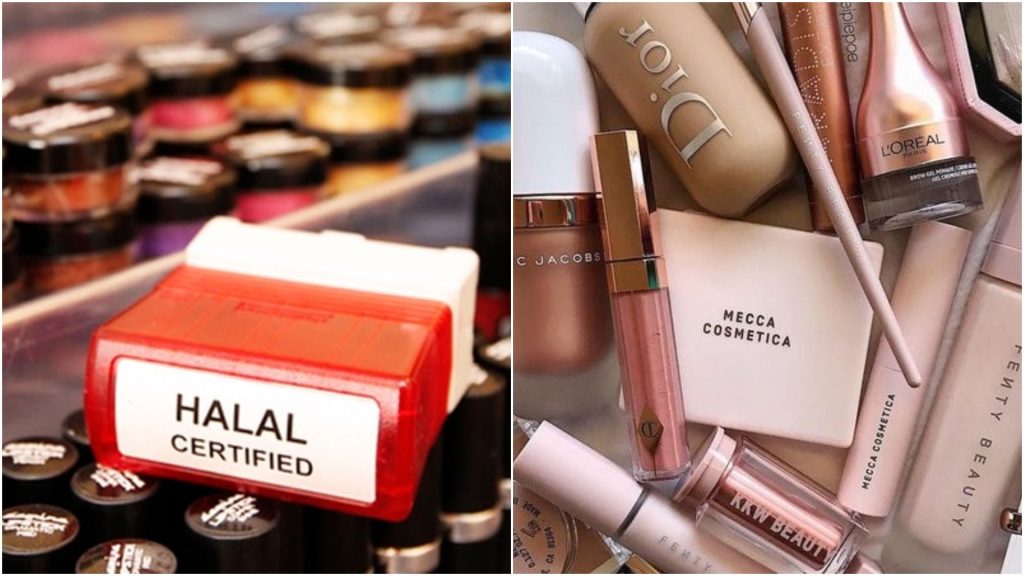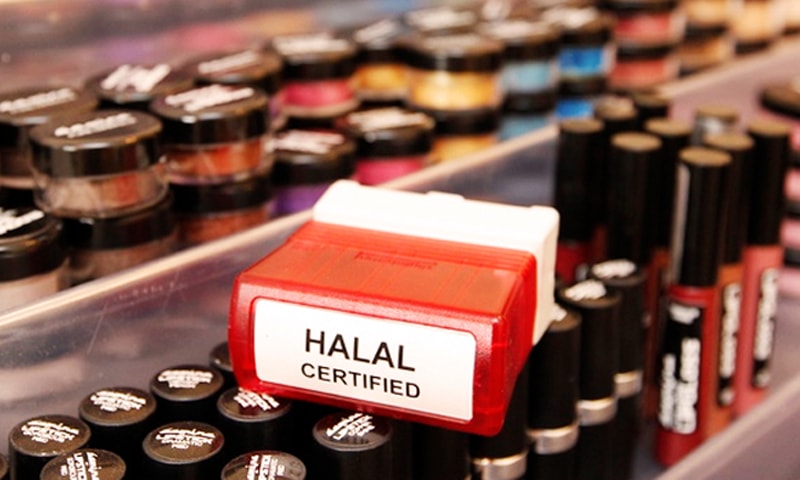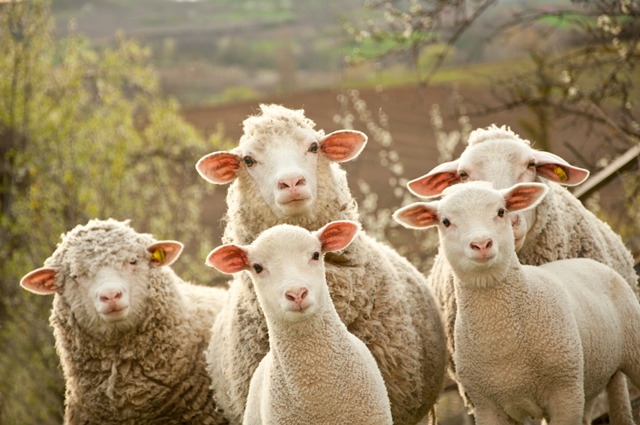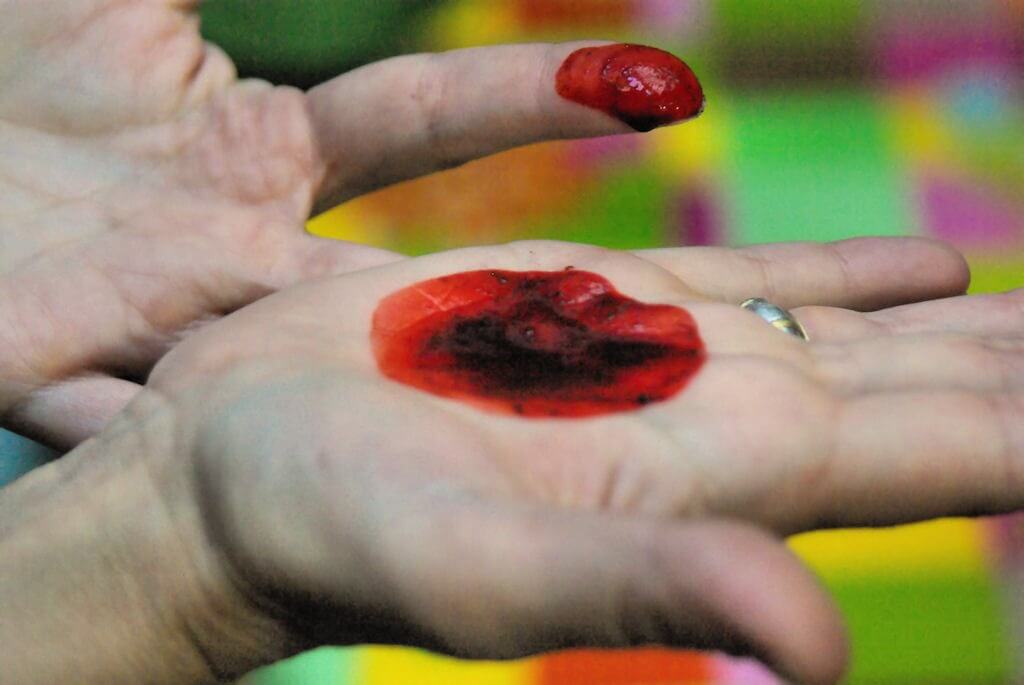
Halal and Haram just aren’t related to consuming meat, there’s a reason why the Halal cosmetic market is growing bigger every day. But what exactly are halal products and how should you know if the products you’re using are halal? Keep reading to find out what makes a beauty product halal and haram.

Halal beauty products refer to products that only contain permissible (halal) ingredients according to Islamic law, which means no animal products and no alcohol. Secondly, they should ideally be cruelty-free. While most people think they aren’t directly consuming these products but products like lipsticks, lip balms can be swallowed and majority of the skincare absorbs and penetrates into the skin. Certain lotions and hand creams that may have haram ingredients in them may transfer onto the food we eat, thus resulting in the consumption of impermissible ingredients. Even wuzu and praying can be a problem when wearing certain products.
Are vegan products and halal products the same?
Although many Muslim women do opt for vegan makeup, it’s not the same as halal makeup, albeit close. Both vegan and halal makeup do not contain any animal products, but vegan makeup might contain alcohol.
How to tell of a product is not halal?
Now that we’ve gotten that out of the way, the easiest way is to check for halal certification when investing in beauty products. However, many international brands aren’t fully halal, some of their products maybe halal but others might contain ingredients that are derived from animal fat, hooves, or other obscure body parts. Here’s a list of the most commonly used and mostly questionable ingredients that make cosmetics and skincare haram.
ANIMAL FAT

If anything has animal fat in it, it is important to know what animal the fat is derived from and whether that animal was sacrificed in accordance with the Islamic Laws.
CARMINE or COCHINEAL

Carmine/CI 75470 (colour) is derived from beetles and all insects are haram in Islam except locust.
OLEIC ACID
Mostly found in skincare, it is derived from animal matter (beef or pork.)
LANOLIN ALCOHOL
Derived from animal matter.
GELATIN
If it’s derived from pig bones, then it is automatically not halal. Muslims are forbidden from eating carrion, and if the bones do not count as carrion, they must be from an animal slaughtered according to Islamic Law. However, most Islamic schools of thought argue that only fish gelatin is halal.
GLYCERIN/GLYCEROL
Often derived from pig fat.
KERATIN
A popular ingredient in hair care, but it’s a natural protein often derived from animals.
ALCOHOL IN COSMETICS
Stearyl alcohol, Cetearyl Alcohol, Myristyl Alcohol, Behenyl Alcohol and Cetyl alcohol are emulsifiers, meaning they help the oily ingredients in the formulation dissolve in the water phase to give the cream a smooth consistency. These could be Halal, even though the name suggests otherwise, because if ingested, they are not intoxicating and are derived naturally from plants and animals but it all comes down to personal beliefs and schools of thought.
STEARIC ACID/STEARYL ALCOHOL
Found in majority of the skincare, is halal if obtained from vegetable fat. Haram if obtained from pork fat.
So, Halal can be as simple as no pork, alcohol or animal products, but as practicing Muslims, we all have different beliefs and values as to what we consider impermissible and wrong. And that’s where different opinions kick in and the standards are set higher: apart from the ingredients, some argue that there should be no animal testing, unfair labor, and practices that are not eco-friendly. But again, this differs from person to person and their values.



i like the article very much.. as no one is discussing this big issue and international beuaty products are gaining popularity day by day.. we only prefer a spa or a saloon which has internation products .. it is becoming a standard regardless of haram and halal issue which is very very very important.. i am glad that you discussed .. i wish that you also have mentioned some of the popular brands that are not halal.